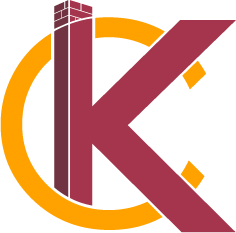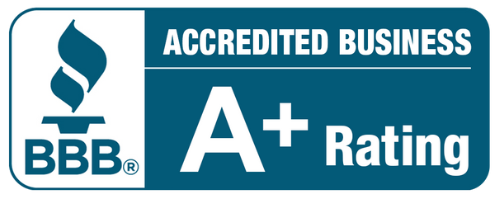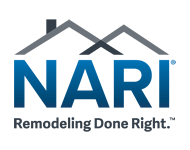While it is nice to enjoy the fruits of a home addition, such as a new deck, a finished basement, or a new master bedroom, most people judge the value of a home addition based on the value it adds to their property in dollars and cents come resale time. Although it is essentially impossible to give an exact figure as to the amount an addition will increase your property’s value–factors such as the real estate market in the region, size of the home, amount invested in the addition, and quality of work can cause the value added to be all over the place–a strong seller’s market in Greensboro can give homeowners every reason to believe they will see increases in their property value in the following ranges for the given additions.
Finished Basement: About 75% Return on Investment
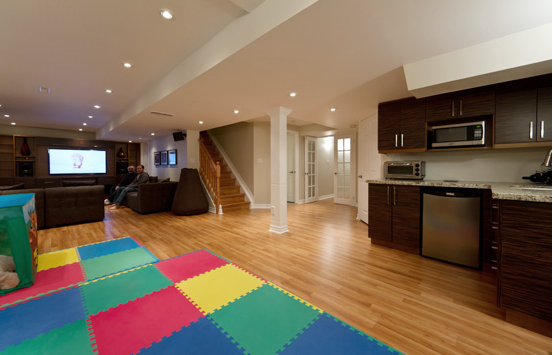
Despite the healthy returns that finished basements bring to a property, a surprisingly large amount of basements sit in oblivion as underground storage spaces. By spending $20,000 to make your basement a functional living space, you are likely to see a $15,000 increase in the property’s value. In addition, a finished basement offers the following benefits above and the increases in appraisal value:
- The possibility to rent the basement as a stand-alone unit
- An ideal “mother-in-law” suite for guests
- Elite insulation and fire resistance features, features enhanced even further if concrete tilt up wall framing is used to divide rooms
New Deck: About 80% Return on Investment
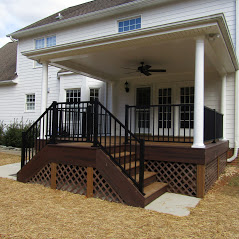
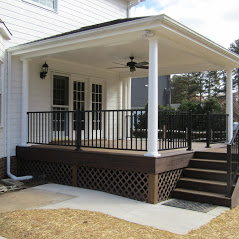
Buyers love functional space when perusing the real estate market, and one of the best ways to add functional space to a home is by building a deck. When done correctly, a deck is essentially an extension of your home’s interior that makes for a beautiful segue to the backyard. Basic decks can cost as little as $5,000, with more upscale options checking in at over $30,000. This means that you can expect to see a $4,000 to $24,000 increase in your home’s value by adding a deck. No matter the size of your project, consider some of the following features to make your deck as desirable as possible.
- A pass-through window to easily transition food between the kitchen and deck
- Custom handrails to enhance aesthetics and increase safety
- A DIY pergola to give the space some shade
Kitchen Expansion: About 60% Return on Investment
Kitchen renovations are exciting, as they spark the imaginations of how homeowners an improve efficiency at meal time and host large get-togethers. And while kitchen renovations do add value to a home, they can sometimes be one of the lower-ranking additions, in terms of return on investment, due to their high cost in relationship to the overall cost of the house. Consider that even modest kitchen renovations are likely to cost at least $15,000, with more ambitious projects going into the six figures. When you realize that the median sale price for a Greensboro home was around $170,000 this past year, a high-end remodel will cost more than half the value of the home–creating a case of “too much kitchen” for most buyers, leading to smaller returns on investment. Therefore, when looking into kitchen projects, always make sure that they are properly scaled. In addition, remember that buyers are willing to pay more for features that will save them money in the future, so include the following in any kitchen expansions you consider:
- Energy-efficient appliances to reduce electricity costs
- Durable countertops, such as quartz, that will streamline cleaning and limit the need for future repairs and/or replacements
- Half-walls to create an open space that allows for the flow of natural light
Conclusion
The increase in property value is one of the main reasons homeowners undertake add-on projects. While the value added will vary based on a number of factors, those projects that add functional space, such as finished basements and decks will capture a very high return percentage. Whatever type of addition you choose, make sure it is properly planned with premier materials and workmanship to ensure that you maximize your chances of a strong return.
Matt Lee is the owner of the Innovative Building Materials blog and a content writer for the building materials industry. He is focused on helping fellow homeowners, contractors, and architects discover materials and methods of construction that save money, improve energy efficiency, and increase property value.
